New Zealand Defence Force Custom Challenge Coins
Māori: Te Ope Kātua o Aotearoa, lit. "Line of Defence of New Zealand"
Challenge Coins for the NZDF: Protecting the Sovereignty of New Zealand on Land, Sea and Air

The New Zealand Defence Force (NZDF) is responsible for the armed forces of New Zealand, safeguarding peace and security while also supporting humanitarian missions. The NZDF consists of three services: the Royal New Zealand Navy (RNZN), the New Zealand Army and the Royal New Zealand Air Force (RNZAF).
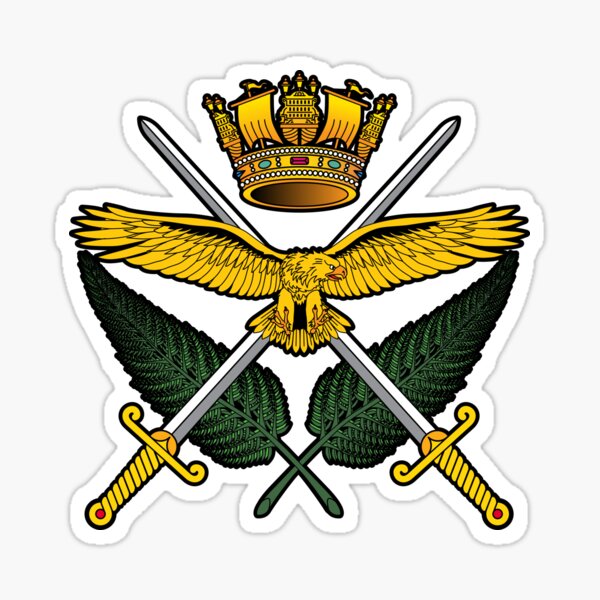
The Ministry of Defence (Māori: Manatū Kaupapa Waonga) is the public service department of New Zealand that advises the government on strategic defence policy, acquires military equipment to meet military objectives, and performs audits and evaluations of the New Zealand Defence Force.
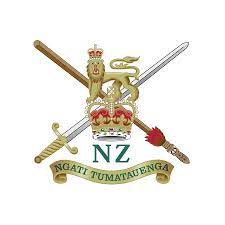
New Zealand Army Challenge Coins
(Māori: Ngāti Tūmatauenga, lit. "Tribe of the God of War")
The New Zealand Army is the land component of the New Zealand Defence Force, comprising around 4659 Regular Force (or “active duty” as it’s known in the US) personnel and 2122 Reserve Force personnel.
The NZ army has a long history dating back to 1845 when settler militia were first raised.
New Zealand's soldiers have served in some of the world's most major conflicts, including the Second Boer War, World War I and II, as well as more recent ones such as the Vietnam War and Afghanistan. In more recent decades, however, since around 1970 or so, New Zealand has been focusing its efforts on multilateral peacekeeping assistance instead.
25 March 1845 is marked as New Zealand Army Day in order to commemorate the anniversary of the day the New Zealand Legislative Council passed the first Militia Act, setting up the New Zealand Army.
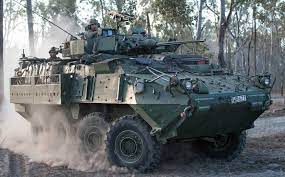

The NZ Army Consists of the Following Regiments:
- New Zealand Corps of Officer Cadets
- Royal Regiment of New Zealand Artillery
- Royal New Zealand Armoured Corps
- The Corps of Royal New Zealand Engineers
- Royal New Zealand Corps of Signals
- Royal New Zealand Infantry Regiment
- New Zealand Special Air Service
- New Zealand Intelligence Corps
- Royal New Zealand Army Medical Corps
- Royal New Zealand Army Logistic Regiment
- Royal New Zealand Dental Corps
- Royal New Zealand Chaplains Department
- New Zealand Army Legal Service
- Royal New Zealand Military Police
- Royal New Zealand Army Education Corps
- New Zealand Army Physical Training Corps
- Royal New Zealand Nursing Corps


ANZAC Day Commemorative Coins and Pins
ANZAC Day, or Australian and New Zealand Army Corps Day, is the main annual event to remember those who have served in New Zealand’s armed forces. On 25 April, New Zealand remembers those who gave their lives in the amphibious landings at Gallipoli during World War I, but ANZAC Day has come to mean remembering all of the fallen from every war New Zealand has been involved in.
While it's a public holiday in New Zealand, it's also a duty day for NZ military personnel. Even if they're not involved in any official commemorative activities, they're required to attend an ANZAC Day Dawn Parade in their ceremonial uniform at their home location.
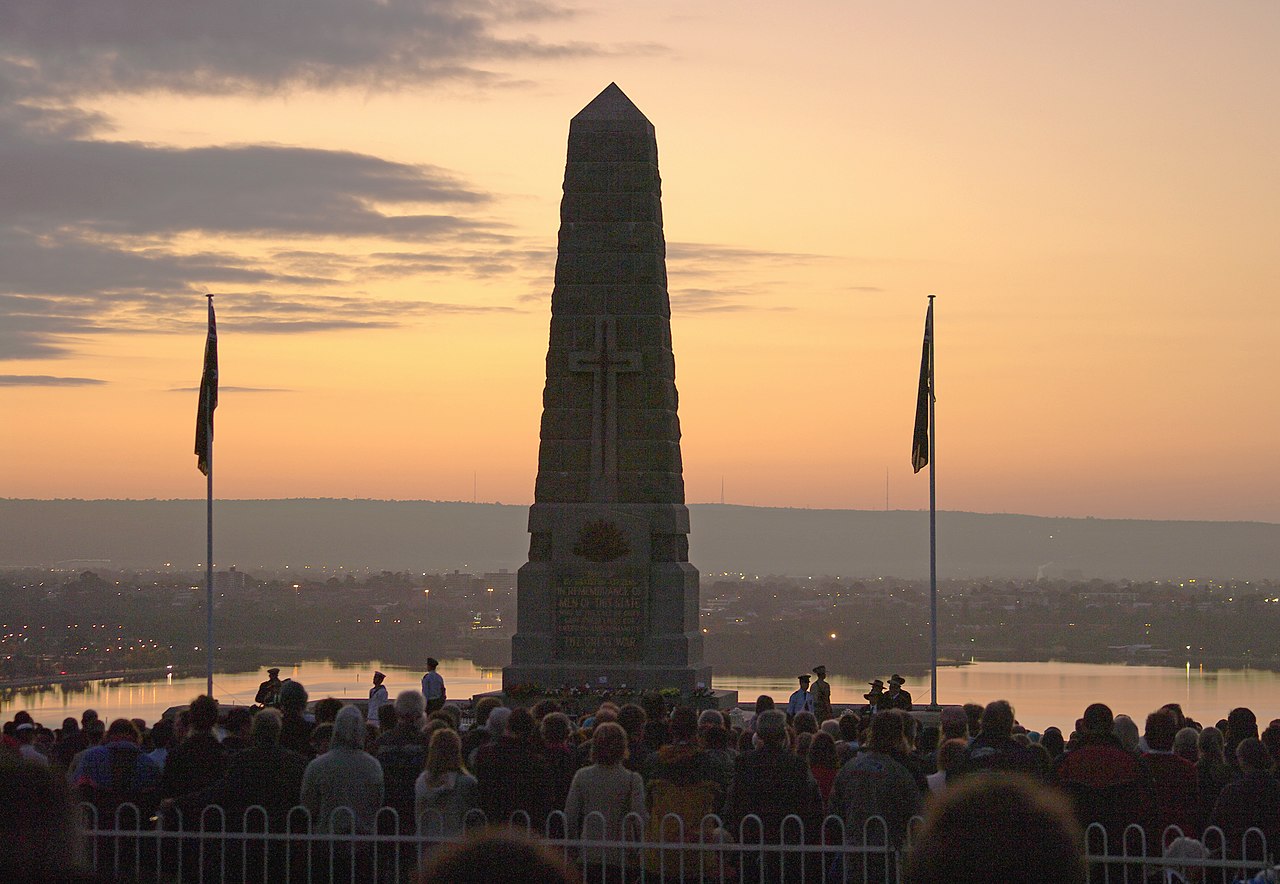
Royal New Zealand Navy Custom Challenge Coins
(Māori: Te Taua Moana o Aotearoa, lit. 'Sea Warriors of New Zealand')
In 1939, New Zealand’s HMS Achilles took part in the first major naval battle of World War II along the eastern coast of South America, at the Battle of River Plate. The British squadron was commanded by Admiral Sir Henry Harwood and consisted of three cruisers: HMS Exeter, HMS Ajax, and HMS Achilles.
They engaged five German ships: two pocket battleships (the Admiral Graf Spee and the Deutschland), two light cruisers (the Leipzig and the Nürnberg), and one destroyer (the Hansa). The Germans were forced to retreat, and three of their ships were sunk.
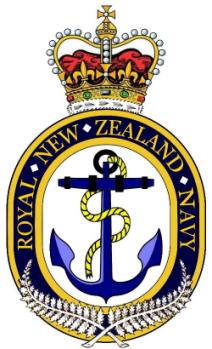
New Zealand's Navy today consists of two frigates and four offshore patrol vessels. These warships are used for defense purposes, as well as conducting patrols and other operations in support of the country's interests.
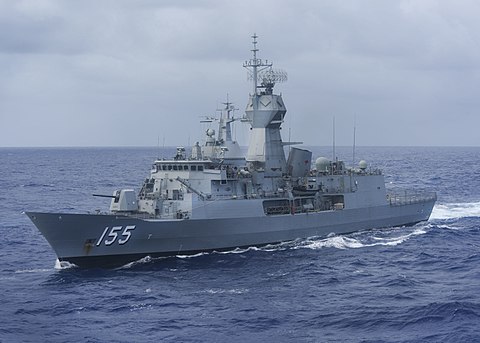
The frigates are the most capable ships in the Navy, and are armed with missiles, guns, and other weapons. The offshore patrol vessels are less heavily armed, but still can carry out a range of missions. The Navy also operates a number of smaller boats and helicopters for anti-submarine operations and search and rescue.
The Navy's primary role is to protect New Zealand's territorial waters and Exclusive Economic Zone (EEZ). This involves both defensive operations, such as responding to threats, and offensive operations, such as carrying out maritime intercepts.
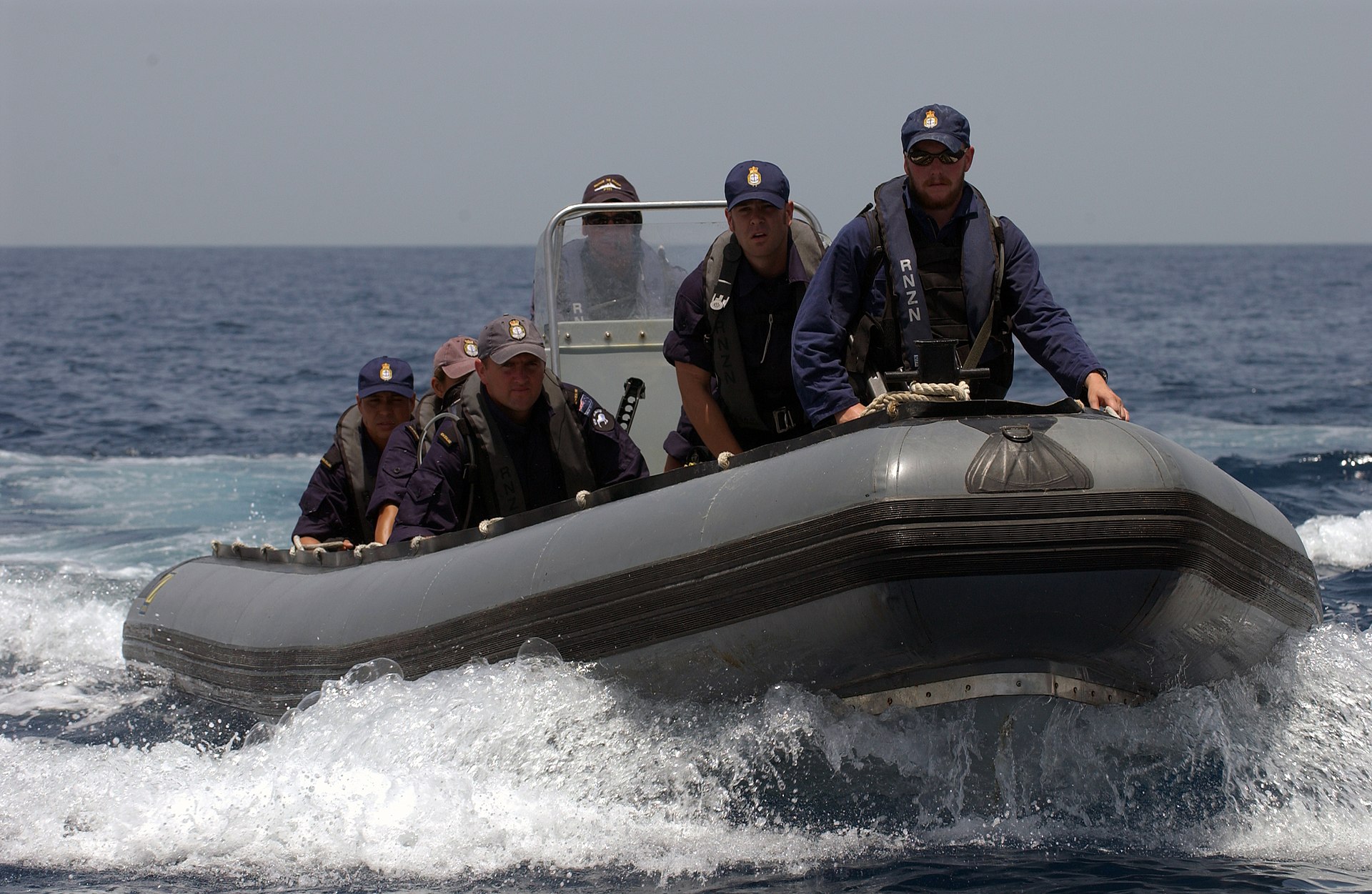
Royal New Zealand Air Force Challenge Coins

(Māori: Te Tauaarangi o Aotearoa, lit. "The Warriors of the Sky of New Zealand")
The Royal New Zealand Air Force (RNZAF) was founded as a separate entity in 1923, although it had its origins in the early aviation units formed by the New Zealand Army in World War I.
The RNZAF operates three front-line squadrons, which are available for deployment anywhere in the world, including several P-3 Orion aircraft for maritime patrol and C-130 transport planes for supporting Army operations.
The RNZAF also provides support to the civilian sector during natural disasters or civil emergencies. The RNZAF is a component of the five-nation defence relationship known as the ANZAC pact.
The RNZAF has its origins in the New Zealand Army's aviation units, which were formed in 1915 during World War I. The first aircraft flown by the army was a Royal Aircraft Factory BE2e, which was delivered to the Auckland Cavalry Regiment in September 1915.
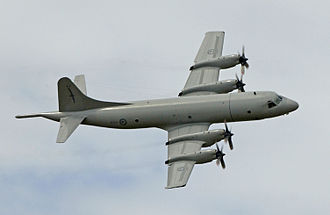
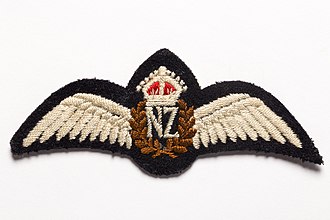
RNZAF Victory Challenge Coins Celebrate Famous Battles of History
The RNZAF has a long and proud history of service. Some of its most notable achievements include:
- The Battle of Britain (1940): The RNZAF played a significant role in the Battle of Britain, with New Zealand pilots making up almost 10% of the total number of RAF pilots during the battle.
- The Battle of El Alamein (1942): The RNZAF participated in the pivotal Battle of El Alamein, which was a turning point in the war in North Africa. New Zealand pilots made up almost a quarter of the total number of RAF pilots during this battle.
- D-Day (1944): The RNZAF participated in the D-Day landings, providing air cover for the Allied troops as they stormed the beaches of Normandy.
- The Berlin Airlift (1948-1949): The RNZAF was involved in the Berlin Airlift, which was a massive operation to supply West Berlin with food and supplies after the city was cut off by the Soviet Union.

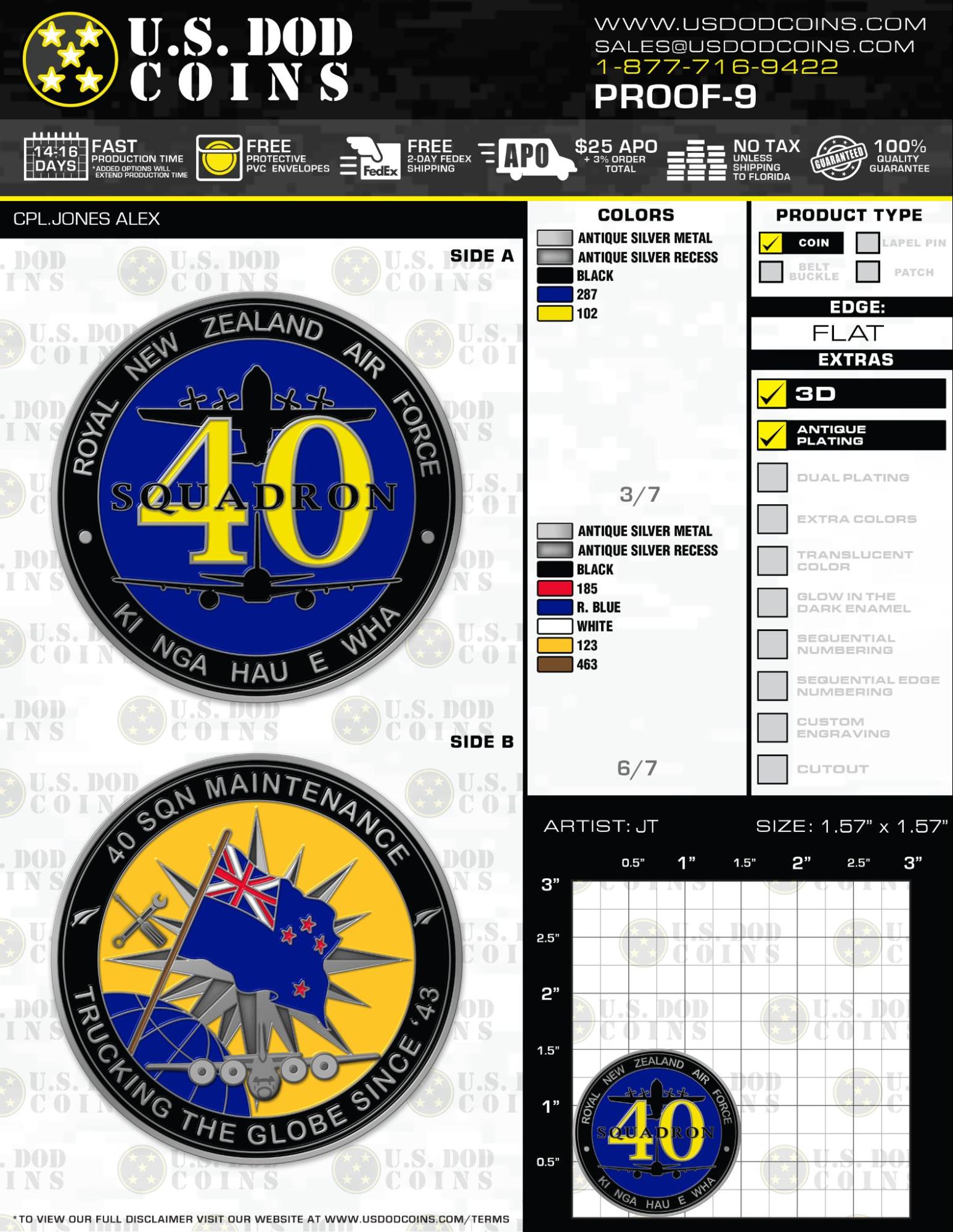
New Zealand Police and National Security Challenge Coins
When you're talking about the defence of New Zealand, you can't forget to mention its police.
The men and women who don the uniform of the New Zealand Police and Security Forces are also responsible for protecting the people of New Zealand. They work closely with the government and other agencies to ensure the safety of all citizens.
The police force is organized into a number of different units, each with their own area of responsibility. The largest unit is the New Zealand Police, which is responsible for law enforcement nationwide. There are also a number of smaller units, such as the Security Forces, Intelligence Offices and the Immigration Service.
The Security Forces are responsible for the protection of government buildings and critical infrastructure. They also provide security for VIPs and other important people.
Together, police and government agencies work to keep New Zealand safe.
Design Your Own Custom NZDF or Police Challenge Coin or Pin Today
Challenge Coin Design Template
-01-1.png?width=280&height=362&name=0_-_Customer_Design_Template%20(3)-01-1.png)
New Zealand Military Service Challenge Coins
Choose additional options like these when customizing your challenge coin order:
- 3D Challenge Coin Design- 3 dimensions bring your design to life in style. It’s superior quality you can feel in your hands and see in amazing detail.
- Sequence Numbers- There are no two identical numbers. You're unique; don't you think your challenge coin should be too?
- Gain an Edge - With a message or code that runs along the edge of the coin, you can make your coin truly distinctive and authentic.
New Zealand Army Camps, Naval & Air Bases to Add to Custom Challenge Coins
- Papakura Military Camp, Auckland.
- Waiouru Military Camp, Waiouru.
- Linton Military Camp, Palmerston North.
- Trentham Military Camp, Wellington.
- Burnham Military Camp, Christchurch.
- Balmoral Military Camp, Tekapo.
- Devonport Naval Base, Auckland.
- Naval Communications Station Irirangi, near Waiouru, Central North Island.
- Tamaki Leadership Centre, Whangaparaoa, Hibiscus Coast, Auckland.
- Kauri Point Armament Depot, Birkenhead, Auckland
- Narrowneck Naval Facility, Narrowneck Beach, Auckland
- RNZAF Base Auckland, Whenuapai, Auckland.
- RNZAF Base Ohakea, Bulls, Manawatū-Whanganui.
- RNZAF Base Woodbourne, Blenheim, Marlborough.
Tri-Service Facilities:
- Headquarters New Zealand Defence Force, Central Wellington
- Headquarters Joint Forces New Zealand, Trentham, Upper Hutt, Wellington.
- Trentham Military Camp, Upper Hutt, Wellington.
- Various NZDF Administrative and Recruiting centres throughout New Zealand
- Hokowhitu Campus, Palmerston North, Manawatu.
Free Design, Unlimited Design Revisions for Custom Made NZ Specialty Challenge Coin Orders
Follow these easy steps to get started on your personalized decorative NZDF service coins:
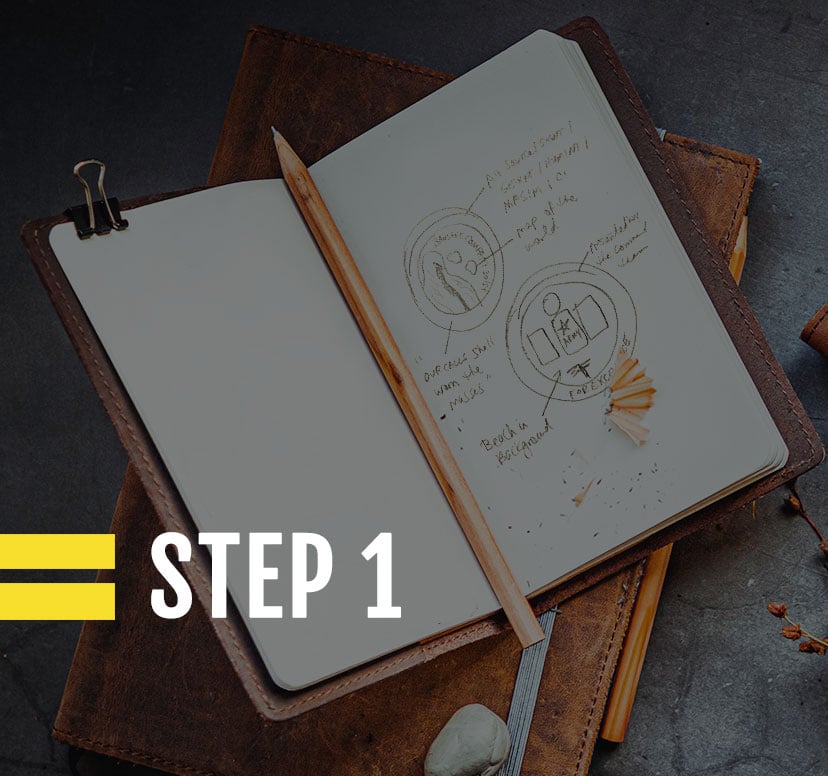
Gather your elements, files and ideas and send them to us via a quote request.
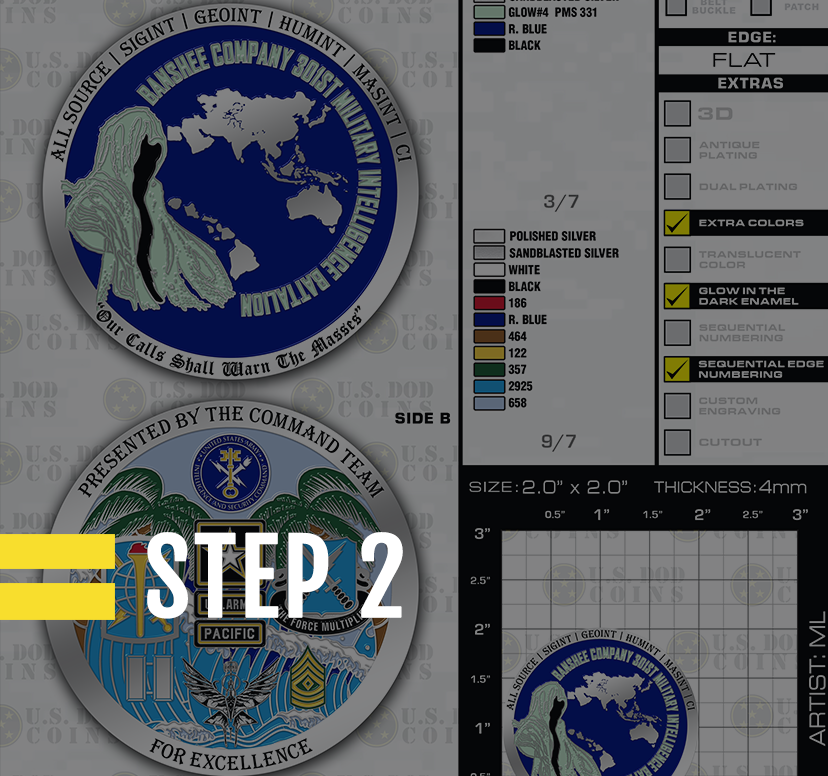
From 24 to 48 hours you will get a quote along with a digital proof.
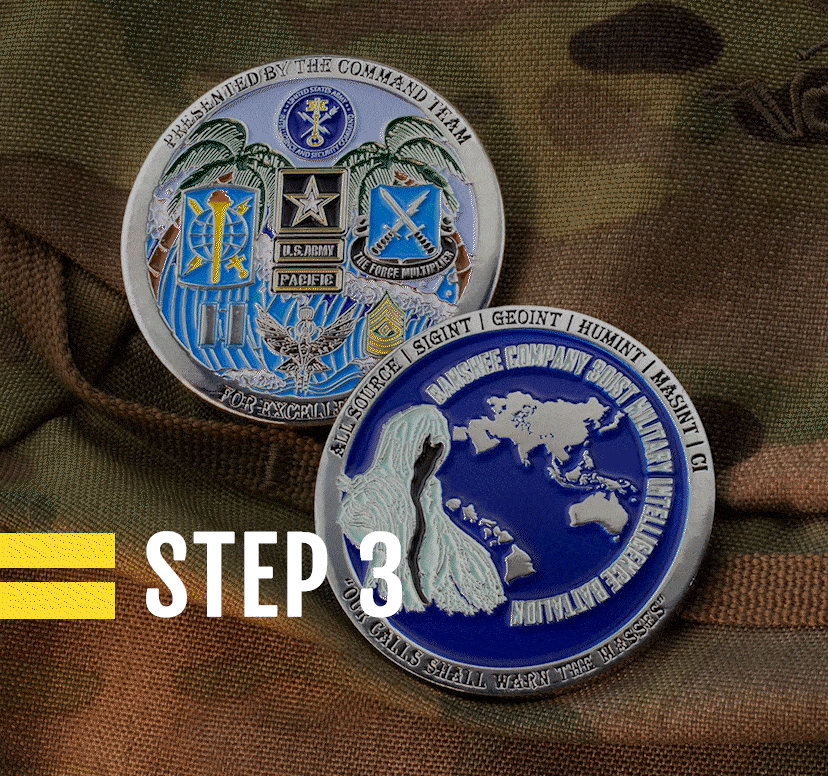
Order to start production or request revisions. Revisions are unlimited.
Let U.S.DOD Coins Bring Your Custom Coin Idea to Life
Traditional challenge coins have remained popular, although some people have requested more detailed and intricate designs in recent years.
Rather than shooting down our clients' vision like other businesses might, we instead took on the challenge and expanded our customization options.
THE EVOLUTION OF CHALLENGE COIN AWARDS
Eight years ago, the Challenge Coin industry had what we call a recipe for designing challenge coins. Round, flat, and empty.
This type of Challenge Coin is a classic, and it still being used nowadays, But people were somewhat asking for a little more spice, uniqueness, and bold designs.
That's when clients started to bring more complex ideas. Instead of refusing to take on the project as most other companies did, we embraced the challenge. We began to increase difficulty and detail to coins; we started experimenting and bringing expectations to whole new level. Some worked; some didn't.
In the end, what was the client's reaction to their finished project?

WE HAVE EVEN MORE BENEFITS FOR YOU:

WHY TODAY IS THE DAY TO START:
Remember to send us as much information about your project as possible. This helps the design process.
Request or start your project and reserve your spot on the art queue today!
